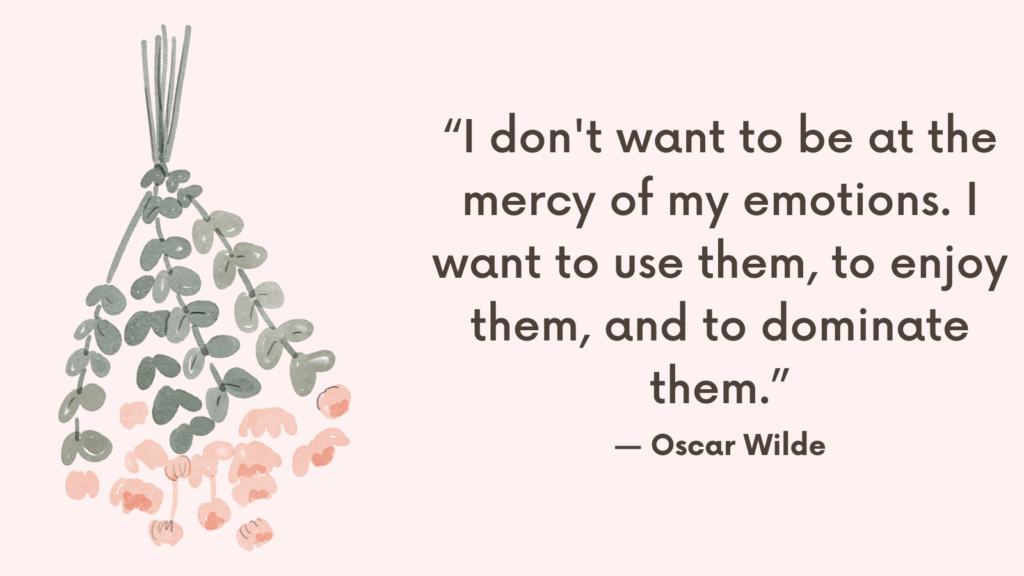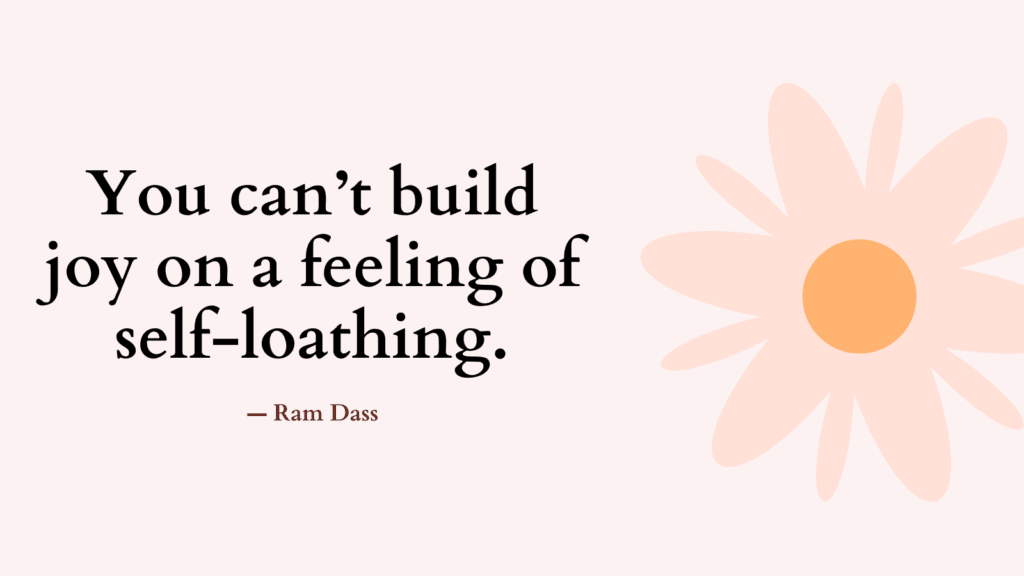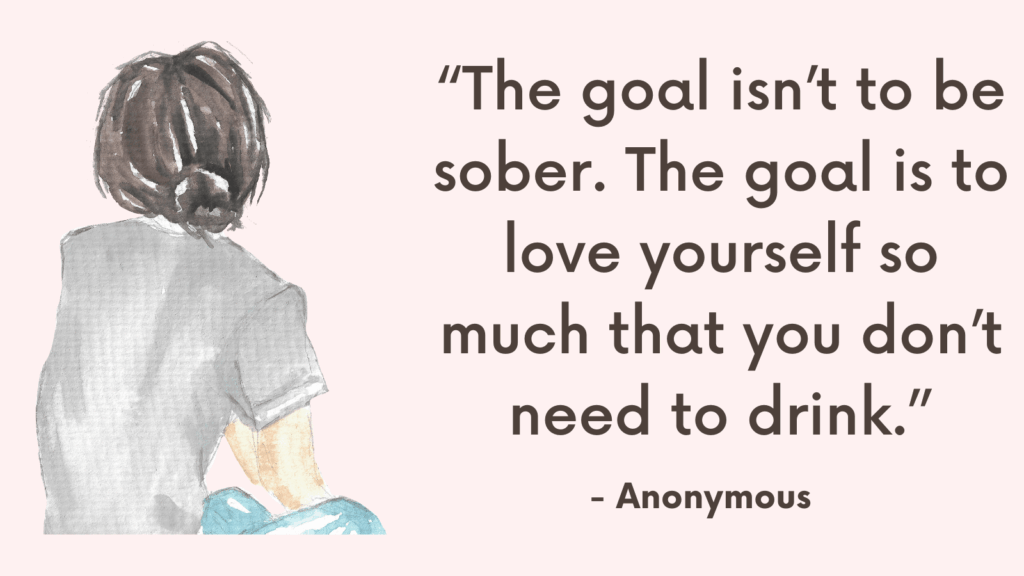In this post, you’re going to learn all about experiencing depression after quitting drinking.
Why Do I Feel Depressed After Quitting Drinking?
The causes of depression after quitting drinking can be multifaceted and can vary from person to person.
Here are a few factors that may contribute to the development of depression in individuals who have recently stopped drinking:
1. Neurochemical imbalances
Prolonged alcohol use can disrupt the balance of brain chemicals such as serotonin, dopamine, and gamma-aminobutyric acid (GABA), which are involved in regulating mood.
When alcohol is removed, the brain needs time to readjust to functioning without the substance, which can lead to temporary imbalances and depressive symptoms.
2. Withdrawal symptoms
Alcohol withdrawal can cause a range of physical and psychological symptoms, including anxiety, irritability, fatigue, and low mood.
These symptoms typically emerge within a few hours to several days after the last drink and can contribute to the onset or exacerbation of depression.
Related: Top 10 Gratitude Exercises To Practice Even When Depressed
3. Underlying mental health conditions
It’s not uncommon for individuals with alcohol use disorder to have underlying mental health conditions, such as anxiety or depression, prior to quitting drinking.
When alcohol is no longer used as a coping mechanism, these preexisting conditions may resurface or worsen, leading to depressive symptoms.
4. Social and environmental factors
Quitting drinking often involves significant lifestyle changes.
This can include social isolation, loss of social support from drinking buddies, or challenges in adjusting to a new routine.
These changes can impact mood and contribute to feelings of loneliness, sadness, or depression.
5. Personal history and trauma
Many individuals who struggle with alcohol use disorder have experienced traumatic events or adverse childhood experiences.
These past experiences can contribute to the development of depression, both while drinking and after quitting.
It’s worth noting that not everyone who quits drinking will experience depressive symptoms.
However, those who do should seek professional help to better understand their specific situation and receive appropriate treatment.
Related: 7 Trauma Release Exercises To Support Your Recovery After Trauma
What Are The Symptoms of Depression After Quitting Drinking?
Common symptoms of depression after quitting drinking can vary from person to person, but they often include:
1. Persistent sadness or low mood: Feeling down, empty, or experiencing a general sense of sadness that lasts most of the day, nearly every day.
2. Loss of interest or pleasure in activities: Losing interest in previously enjoyable activities, hobbies, or socializing with others.
3. Fatigue or decreased energy: Feeling chronically tired, lacking energy, and having difficulty completing everyday tasks.
4. Changes in sleep patterns: Experiencing insomnia (difficulty falling asleep or staying asleep) or hypersomnia (excessive sleepiness or prolonged sleep).
5. Changes in appetite: Significant weight loss or gain, increased or decreased appetite that is unrelated to intentional dietary changes.
6. Feelings of guilt or worthlessness: Experiencing excessive guilt, feelings of worthlessness, or self-blame without reasonable cause.
7. Difficulty concentrating or making decisions: Experiencing challenges with focus, memory, or decision-making abilities.
8. Irritability or restlessness: Feeling agitated, restless, or easily annoyed by small things.
9. Physical symptoms: Experiencing unexplained headaches, gastrointestinal issues, muscle pain, or other physical discomforts.
10. Thoughts of death or suicide: Having recurring thoughts about death, dying, or contemplating suicide, or expressing a desire to end one’s life.
It’s important to remember that everyone’s experience is unique, and not all individuals will exhibit these symptoms in the same way or to the same degree.
If you are concerned about your symptoms, it is recommended to seek professional help from a mental health provider who can provide an accurate diagnosis and appropriate treatment options.
Related: High Functioning Depression Test (+Effective 3-Step Guide To Overcome High Functioning Depression)
Is Depression a Common Part of Recovery From Alcohol Addiction?
It is not uncommon for individuals who have recently quit drinking to experience feelings of sadness, hopelessness, and low mood.
This phenomenon is often referred to as “post-acute withdrawal syndrome” (PAWS) and can include symptoms of depression, anxiety, irritability, and difficulty concentrating.
Depression After Quitting Drinking: 7 Ways to Cope
Here are some scientific suggestions to help manage depression after quitting drinking:
1. Seek professional help
A trained mental health professional, such as a therapist or counselor, can provide invaluable support and guidance during this journey.
They can help you explore the underlying causes of your depression, develop coping mechanisms, and provide you with a safe space to express your emotions.
Additionally, they can assist you in developing a relapse prevention plan, which is essential for maintaining sobriety and managing depression effectively.
Remember, seeking professional help does not signify weakness; rather, it demonstrates strength and determination to overcome your struggles.
Related: Resources For Depression (Information, APPS, Podcasts, Books)
2. Establish a support system
Surrounding yourself with a network of understanding and compassionate individuals who can provide emotional support can make a significant difference.
This support system could include close friends, family members, or support groups specifically tailored to those overcoming addiction.
Sharing your feelings, struggles, and achievements with others who have undergone similar experiences can foster a sense of belonging and understanding.
Having a support network can provide a safe space for you to discuss your emotions, gain insight, and receive encouragement on your journey towards healing.
3. Practice self-care
One crucial aspect of self-care is taking care of your physical health.
Engaging in regular exercise, even light activities like walking or yoga, releases endorphins that can improve mood and reduce feelings of depression.
Additionally, maintaining a nutritious diet can boost energy levels and support overall well-being.
Developing a consistent sleep routine is another vital self-care practice.
Prioritize getting enough sleep each night and establishing a calming bedtime routine to promote restful sleep.
Lack of sleep can intensify symptoms of depression, so creating a peaceful sleep environment and dedicating time for relaxation before bed is essential.
Practice self-compassion and give yourself permission to feel emotions without judgment.
Engaging in activities that bring you joy and fulfillment is crucial.
Discover hobbies or interests that stimulate your creativity and make you feel alive.
These activities serve as distractions from negative thoughts and can improve your overall sense of well-being.
Related: Top 45 Self Care Day Ideas at Home To Kickstart Your Self Care Ritual
4. Develop healthy coping strategies
Finding alternative outlets for stress and emotions can serve as powerful tools for self-expression and inner healing.
The following are some examples of healthy coping strategies:
- Practice deep breathing exercises or meditation to help reduce stress and promote relaxation.
- Engage in regular physical activity such as walking, jogging, or yoga to release endorphins and boost mood.
- Make time for hobbies and activities that bring you joy and provide a sense of fulfillment.
- Practice mindfulness techniques to stay present in the moment and avoid getting caught up in negative thoughts.
- Express your emotions through creative outlets like writing, painting, or playing an instrument.
- Limit exposure to negative triggers, whether it’s certain environments, people, or situations that contribute to stress or anxiety.
- Identify and challenge negative thoughts or beliefs using cognitive-behavioral therapy techniques.
- Engage in positive self-talk and affirmations to promote self-esteem and confidence.
Related: Best 99 Coping Skills (+FREE Coping Worksheets)
5. Establish a routine
When we quit drinking, we often find ourselves missing the structure that alcohol provided, leaving us feeling lost and unsure of how to fill our time.
By creating a daily routine, we can regain a sense of purpose and stability.
Start by setting specific times for waking up, eating meals, exercising, engaging in hobbies, and going to bed.
Having a schedule can provide a sense of direction and motivation, ensuring that each day is productive and focused.
Additionally, incorporating self-care activities into the routine, such as meditation, journaling, or spending time in nature, can be beneficial for managing depressive symptoms.
6. Consider medication if necessary
Considering medication, if necessary, is an important aspect of addressing depression.
When quitting alcohol, your body undergoes significant changes, and it is common to experience an emotional rollercoaster.
Depression may surface due to chemical imbalances in the brain or other underlying factors.
Consulting a mental health professional is crucial as they can evaluate your symptoms, determine if medication is appropriate, and prescribe the most suitable option.
Certain antidepressant medications have proven effective in treating depression associated with alcohol cessation.
Selective serotonin reuptake inhibitors (SSRIs), such as sertraline or fluoxetine, are commonly prescribed.
These medications work by increasing the levels of serotonin, a neurotransmitter responsible for regulating mood, in the brain.
They can help alleviate feelings of sadness, hopelessness, and improve overall well-being.
However, it is important to remember that medication is not a one-size-fits-all solution.
Everyone’s experience with depression is unique, so finding the right medication and dosage might take time and require open communication with your healthcare provider.
Remember, exploring medication options should be done in partnership with a qualified healthcare provider.
They will guide you through the process and ensure a tailored approach to address your unique needs.
Related: Journal Prompts For Depression (+FREE Depression Worksheets PDF)
7. Stay patient and persistent
Recovery takes time and setbacks are to be expected.
Patience is crucial as you navigate through the ups and downs of managing depression without relying on alcohol.
It’s important to give yourself permission to feel all the emotions that come up during this process, understanding that healing isn’t linear.
Remember to set realistic expectations and embrace small victories along the way.
Celebrate each day that you remain sober and each step forward in your battle against depression.

How Long Does Depression Last After Quitting Alcohol?
The duration of depression after quitting alcohol can vary significantly from person to person.
It depends on various factors, including the severity and duration of alcohol use, the individual’s overall mental health, and the presence of any co-occurring disorders.
While some individuals may experience a temporary period of depression that resolves on its own, others may require more extensive treatment and support.
Timeline of Depression after Quitting Alcohol
1. Acute withdrawal phase
When someone stops drinking alcohol abruptly, they may experience an acute withdrawal phase, which typically lasts a few days to a couple of weeks.
During this time, individuals may experience various physical and psychological symptoms, including anxiety, irritability, restlessness, fatigue, and disturbed sleep.
These symptoms can contribute to feelings of low mood but are generally temporary.
Related: Best 9 Books For Spouses Of Addicts
2. Post-acute withdrawal phase (PAWS)
After the acute withdrawal phase, some individuals experience a more extended period of adjustment known as post-acute withdrawal syndrome (PAWS).
PAWS can last anywhere from several weeks to several months, and during this time, individuals may experience fluctuations in mood, energy levels, and motivation.
It is not uncommon for depression to be part of this phase, and it can be a significant challenge for individuals in early recovery.
3. Long-term effects
For some individuals, depression symptoms may persist beyond the initial withdrawal phases and continue for several months or even years after quitting alcohol.
This may be due to pre-existing mental health conditions, the impact of chronic alcohol use on brain chemistry, or the challenges of adjusting to a sober lifestyle.
In such cases, seeking professional help is crucial to address the underlying causes and develop an effective treatment plan.
Related: Best 7 Books For Parents Of Substance Abusers
Conclusion
Experiencing depression after quitting drinking is a common phenomenon.
Alcohol can have an impact on brain chemistry and neurotransmitters, and when someone stops consuming alcohol, the brain and body need time to readjust.
Additionally, there may be underlying psychological factors that contribute to depression, both during and after quitting drinking.
Recovery from both alcohol dependence and depression takes time.
Be patient with yourself and celebrate small victories along the way.
Set realistic goals and seek progress rather than perfection.



